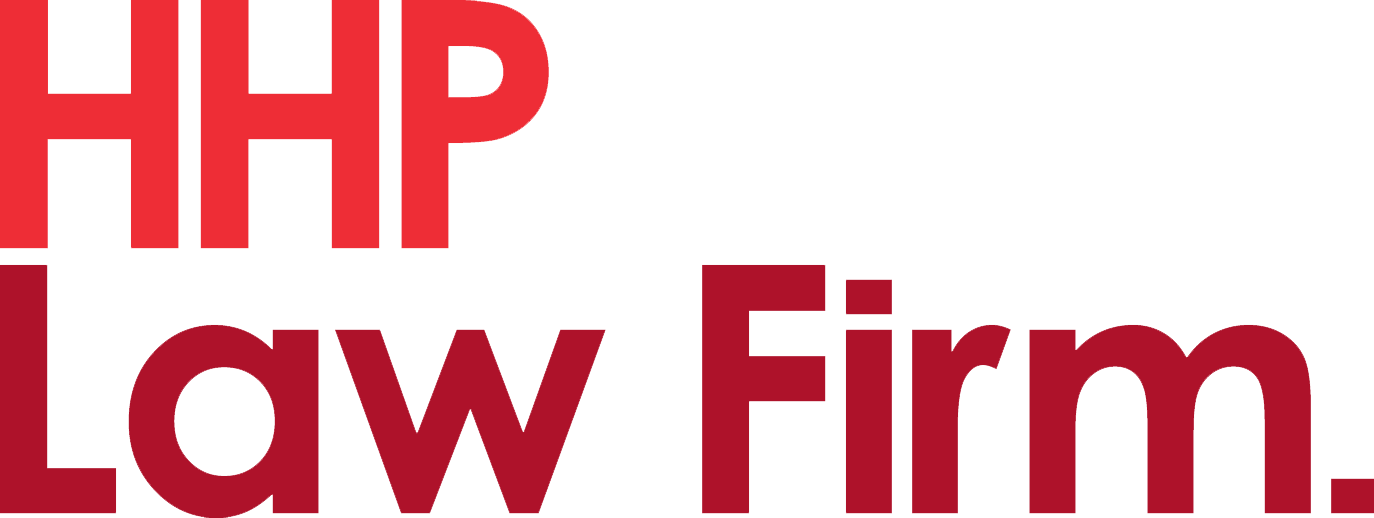In brief
On 26 July 2024, the government of Indonesia issued Government Regulation No. 28 of 2024 (“GR 28“), which is an implementing regulation of Law No. 17 of 2023 on Health (“Health Omnibus Law“). GR 28 came into effect on the day it was issued.
GR 28 regulates the same main principles as the Health Omnibus Law, but adds more depth and details. It contains 1,172 articles, a lot more than the Health Omnibus Law’s 458 articles. GR 28 revokes 31 regulations at both the government and presidential levels, although implementing regulations of the revoked regulations remain in effect as long as they do not contradict the provisions of GR 28.
While we are still carrying out a full analysis of the regulation in parallel, we set out below our preliminary (and high-level) highlights of GR 28.
Key takeaways
Telehealth and telemedicine
Continuing the spirit of the Health Omnibus Law, GR 28 encourages the use of health technology developed from domestic resources, encompassing research, development and assessment. The following are some of the notable new provisions:
- Clear grounds for use of technology in medical treatment: GR 28 specifically mentions that health technology can now be used for (i) diagnostics, (ii) prevention, (iii) treatment, (iv) improving quality of life and (v) addressing health problems.
- Electronic receipts: GR 28 establishes the legal basis for the use of electronic receipts for the sale of drugs. These receipts must be processed through the Health Information System (HIS), which is integrated with the National Health Information System (NHIS). However, electronic receipts cannot be used for the sale of drugs containing psychotropic substances or narcotics. Further regulations on electronic receipts will be detailed in an upcoming Ministry of Health (MOH) regulation.
- Robotics/AI: GR 28 mentions that information technology used in the National Health Information System can include robotics or AI. Although the specific types of robotics or AI are not clearly defined, this marks a significant shift, as previous regulations did not address issues relating to the use of robotics or AI in the health sector.
- Telehealth/telemedicine: GR 28 provides clear grounds for the existence of telehealth/telemedicine. Telemedicine and telehealth services can be provided via an app. The app can be (i) an independent application operated by a healthcare facility or (ii) a government or third-party application. If an independent application is used, (i) it must be integrated with the MOH system and (ii) the operator of the application must have a license for that application. Healthcare facilities that can carry out telemedicine services include the following:
- Hospitals
- Public health centers (Puskesmas)
- Clinics
- Independent practices of medical or health personnel
- Health laboratories
- Pharmacies
More detailed provisions regarding telehealth and telemedicine will be outlined in MOH regulations.
- Biobank/biorepository: There are specific requirements for biobanks/biorepositories under GR 28, such as: (i) operators of a biobank/biorepository must have a permit, and (ii) operators of a biobank/biorepository must store specimens and data within Indonesia.
Tobacco and electronic cigarettes
GR 28 specifically revoked Government Regulation No. 109 of 2012 on the Safeguarding of Materials Containing Addictive Substances in the Form of Tobacco Products for Health, which previously covered various provisions related to the use of tobacco products.
The implementation of GR 28 further tightens the regulations on the sale of tobacco products. Below are some notable prohibitions that business actors should assess carefully:
Selling tobacco products and electronic cigarettes using self-service machines
Selling “single stick” tobacco products in a retail setting (except for cigars and electronic cigarettes)
Displaying tobacco products and electronic cigarettes in areas around entrances and exits or in places that are frequently passed
Selling tobacco products and electronic cigarettes within a radius of 200 meters from education institutions and children’s playgrounds
Using commercial websites or apps and social media in selling tobacco products and electronic cigarettes
Additionally, GR 28 requires any parties that manufacture, import and/or distribute tobacco products in Indonesia to comply with specific product packaging requirements. Noncompliance with the provisions related to tobacco and electronic cigarettes may result in administrative sanctions.
Medical ethical panel
As mandated under the Health Omnibus Law, GR 28 now provides more detailed regulations on the establishment of a medical ethical panel (Majelis Disiplin Profesi). Essentially, the medical ethical panel will be formed to support the duties and functions of the Indonesian Health Council (Konsil Kedokteran Indonesia) in improving the quality and technical competence of medical and healthcare professionals, especially monitoring the professional conduct of medical and healthcare professionals.
Based on GR 28, the medical ethical panel will be made up of professionals such as doctors and legal experts. One of the main tasks of the panel is to initially review cases and issue a recommendation to determine whether an investigation into potential criminal actions by medical and healthcare professionals should proceed, based on violations of professional, service and operational standards. This recommendation is made upon request from either a civil servant investigator (PPNS) or a state police investigator (Penyidik).
Hospitals
While the previous government regulation regarding hospital businesses, i.e., Government Regulation No. 47 of 2021 (“Previous Hospital GR“), is now revoked by GR 28, hospital licensing and classifications regulated under the Previous Hospital GR remain in effect until new implementing regulations of GR 28 on hospital classification and licensing are issued. Therefore, hospital operational licenses issued before GR 28 came into effect should not be affected, and there is no indication that changes or updates will be required at this stage.
Hospital provisions regulated under existing MOH implementing regulations, such as MOH Regulation No. 3 of 2020 on Hospitals and MOH Regulation No. 14 of 2021, remain in effect unless they contradict GR 28.
In line with the Health Omnibus Law, GR 28 mandates that hospitals engage solely in health-related activities, including operating clinics, pharmacies and laboratories, as defined by the Health Omnibus Law. GR 28 also brings changes to hospital management structures, delineating roles such as “hospital owner” and “hospital head,” which must be held by separate individuals. Additionally, GR 28 elaborates on the required “hospital management competence”, which can be acquired through education, training and/or experience.
GR 28 provides more detailed explanations of the business obligations of hospitals compared to the Previous Hospital GR, offering greater clarity on how hospitals can meet these obligations.
GR 28 categorizes educational hospitals (Rumah Sakit Pendidikan) into “main” and “satellite” educational hospitals, each with distinct requirements, marking a substantial shift from the Previous Hospital GR.
Prioritization of domestic pharmaceutical preparations and medical devices
The spirit of encouraging the use of domestic pharmaceutical preparations and medical devices is still evident in GR 28. Although there are no significant provisions specifically concerning the prioritization of domestic pharmaceuticall preparations and medical devices, the Indonesian government appears to emphasize its focus on the calculation of domestic components to meet the needs of health services and national resilience.
The regulations governing the use of pharmaceutical preparations and medical devices will be further detailed in ministerial-level regulations.
Conclusion
While GR 28 introduced very robust updates, a significant number of provisions will be further regulated in implementing regulations, which are currently being processed by government authorities. Business actors may need to wait a little longer until more implementing regulations are issued by the government to see the full design of the future regulatory landscape that the government is planning to implement for the healthcare sector.
Further analysis of the provisions of GR 28 will be crucial to gain more insights into the regulators’ minds, and to anticipate the trajectory of their policies. This will allow business actors to quickly adapt to the rapid developments in the healthcare sector and to maintain a competitive edge in their markets.
* * * * *

© 2024 HHP Law Firm. All rights reserved. HHP Law Firm is a member firm of Baker & McKenzie International. This may qualify as “Attorney Advertising” requiring notice in some jurisdictions. Prior results do not guarantee a similar outcome.







